Image of 1971 American Motors Matador, Note: These illustrations use artistic license and may differ from actual historical models.
Performance Metrics
Fundamental Metrics
Emotional Appeal
MMP Rating
| Engine Specifications | |
|---|---|
| Engine Options: | 232 cu in (3.8 L) I6, 258 cu in (4.2 L) I6, 304 cu in (5.0 L) V8, 360 cu in (5.9 L) V8, 401 cu in (6.6 L) V8 |
| Displacement Range: | 232-401 cu in |
| Horsepower Range: | 100-330 hp (approximately) |
| Torque: | 185-430 lb-ft (approximately) |
| Compression Ratio: | 8.0:1 - 10.2:1 (approximately) |
| Ignition System: | Conventional breaker-point ignition system |
| Cooling System: | Liquid-cooled |
| Performance Specifications | |
| 0-60 Time: | 10-12 seconds (approximately) |
| 1/4 Mile Time: | 17-19 seconds (approximately) |
| Top Speed: | 115-130 mph (approximately) |
| Transmission and Drive | |
| Drive Type: | Rear-wheel drive |
| Transmission Type: | 3-speed manual, 4-speed manual, 3-speed automatic |
| Fuel and Efficiency | |
| Fuel System Type: | Carburetor |
| MPG: | 10-15 mpg (approximately) |
| Dimensions and Brakes | |
| Brakes: | Front disc and rear drum brakes |
| Wheelbase: | 118 in |
| Weight: | 3,200-3,600 lbs (approximately) |
Note: Specifications for classic cars are given to the best of our ability, considering the limited and variant data available.
Unveiling the Underdog: The 1971 American Motors Matador
The 1971 American Motors Matador emerged at a time when the automotive industry was dominated by giants, yet it carved out a niche for itself that still resonates with classic car enthusiasts today. Born from the ambitious American Motors Corporation (AMC), the Matador was a blend of practicality and modest flair, an everyday car with an edge. It stood as a testament to AMC's commitment to offering something different in a market flooded with conformity. Notably, the Matador gained fame as a featured vehicle in the James Bond film "The Man with the Golden Gun," adding a touch of Hollywood glamour to its legacy.
Design and Innovation
The exterior of the Matador was a departure from the flamboyance of the '60s, showcasing cleaner lines and a more subdued aesthetic. Its design echoed the early '70s shift towards efficiency and simplicity. The interior was surprisingly roomy for its class, furnished with durable materials that have stood the test of time. Technologically, it offered features like optional air conditioning and power steering, which were considered luxuries at the time. The color palette ranged from classic neutrals to bolder shades like "Big Bad Orange," with buyers often opting for earthy tones that mirrored the era's trends. The Matador was available in various body styles, including sedan, coupe, and wagon, but it was the two-door coupe that became emblematic of its identity.
Historical Significance
The Matador wasn't just another car off the assembly line; it represented AMC's resilience in an industry where David rarely stood up to Goliath. Its design influenced a move towards more aerodynamic shapes in cars that followed, paving the way for future innovations. The Matador's blend of affordability, style, and functionality helped it stand out against competitors like Ford and Chevrolet.
Performance and Handling
Performance-wise, the 1971 Matador offered respectable figures for its class and era. With engine options ranging up to a 304 cubic-inch V8, it could achieve 0-60 mph in under 10 seconds—a commendable feat at the time. Handling was typical for a midsize sedan of its day; it managed bumps adequately and maintained composure on winding roads. Drivers often praised the Matador for its smooth ride quality and responsive steering, creating an engaging driving experience accompanied by the satisfying rumble of its all-American V8.
Ownership Experience
The Matador served many roles—from a dependable family hauler to a weekend showpiece or even an occasional track racer. Owners appreciated its straightforward mechanics which made DIY repairs feasible. While reliability was generally good, some components like electrical systems could be finicky over time—a characteristic quirk of vehicles from this era.
Fun Facts
In addition to its cinematic cameo alongside 007, the Matador also saw action on NASCAR tracks in its heyday. It faced criticism for certain design choices—like its heavier rear end in coupe models—but these quirks only added to its charm over time. Celebrity ownerships and special editions like the "Barcelona" package have contributed to its cult status among collectors.
Collector's Information
Today, estimating production numbers is challenging due to incomplete records, but tens of thousands were produced across all body styles. In terms of value range for collectors, well-preserved examples can fetch anywhere from $10,000 to $20,000 depending on condition and provenance. As interest in '70s Americana grows, prices are gradually appreciating.
Conclusion
The 1971 American Motors Matador is more than just a footnote in automotive history—it's a symbol of ingenuity against odds and versatility within simplicity. Its journey from AMC's underdog to classic collectible is a testament to its enduring appeal. For those who appreciate an unassuming hero with a storied past, the Matador continues to be an alluring piece of Americana on wheels.
1971 American Motors Matador Catalog of Parts
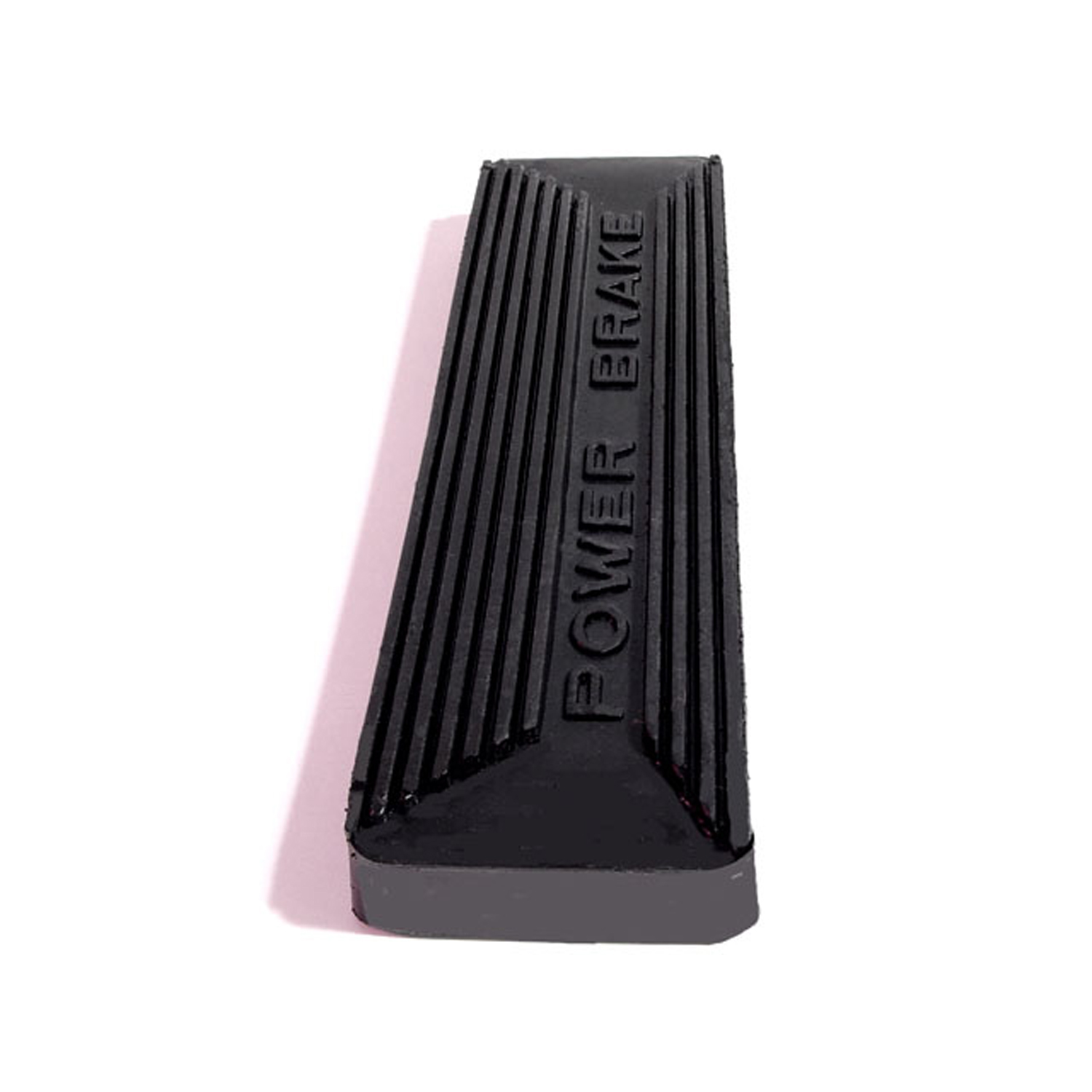 1971 American Motors Matador Brake Pedal Pad-CB 190Brake Pedal Pad. It will accommodate the stainless steel trim plate. 6-7/8" wide X 2-1/16" long. Each
1971 American Motors Matador Brake Pedal Pad-CB 190Brake Pedal Pad. It will accommodate the stainless steel trim plate. 6-7/8" wide X 2-1/16" long. Each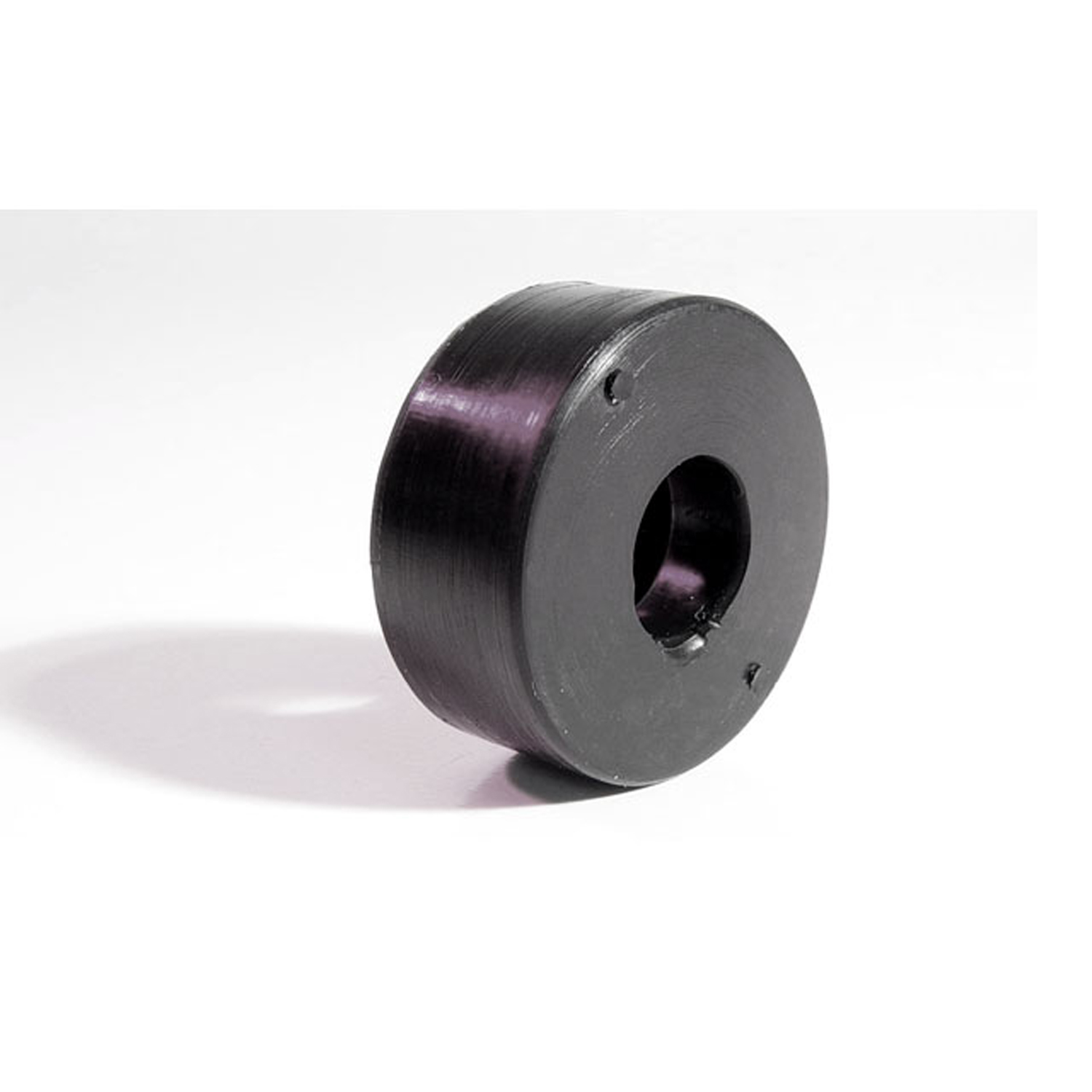 1971 American Motors Matador Hood Bumper. Each-HF 85Hood Bumper. Each
1971 American Motors Matador Hood Bumper. Each-HF 85Hood Bumper. Each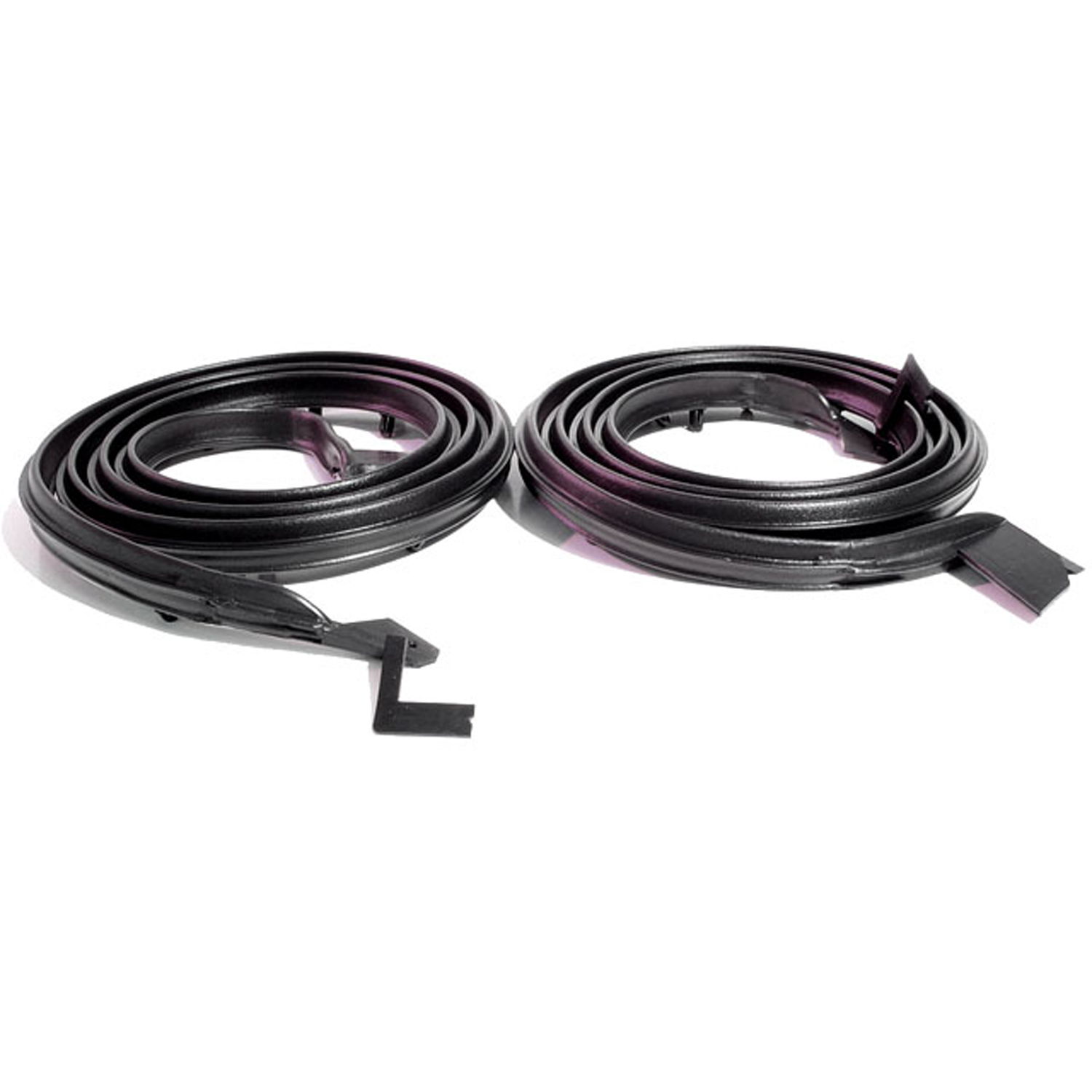 1971 American Motors Matador Molded door seals. For 2-door hardtop. 86 in. (218.44 cm) L-LM 31Molded door seals. For 2-door hardtop. 86 in. (218.44 cm) L. Pair. R&L.
1971 American Motors Matador Molded door seals. For 2-door hardtop. 86 in. (218.44 cm) L-LM 31Molded door seals. For 2-door hardtop. 86 in. (218.44 cm) L. Pair. R&L.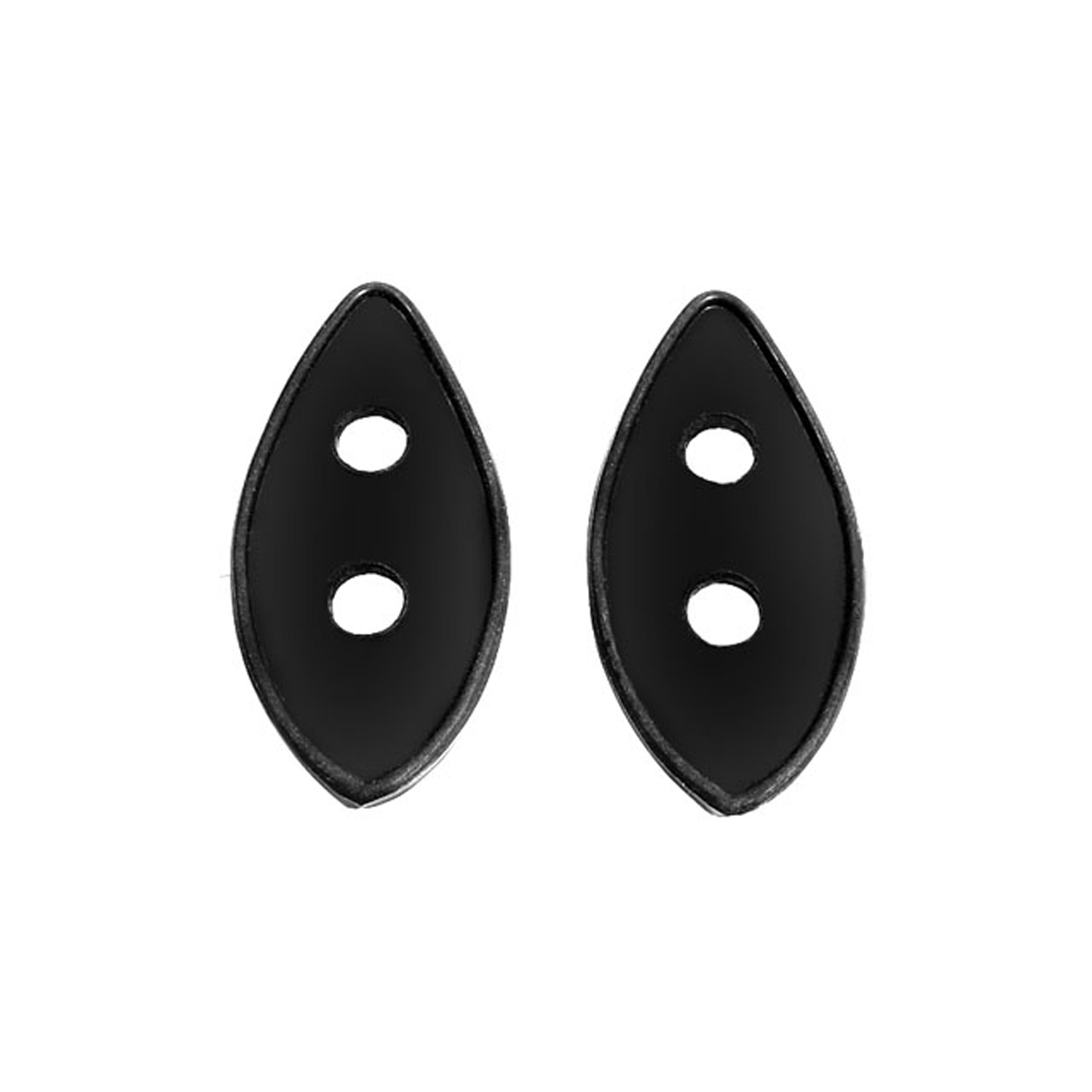 1971 American Motors Matador Beaded Deck Rack Mounting Pads. 1-7/16" X 3". Pair-MP 622-BBeaded Deck Rack Mounting Pads. 1-7/16" X 3". Pair
1971 American Motors Matador Beaded Deck Rack Mounting Pads. 1-7/16" X 3". Pair-MP 622-BBeaded Deck Rack Mounting Pads. 1-7/16" X 3". Pair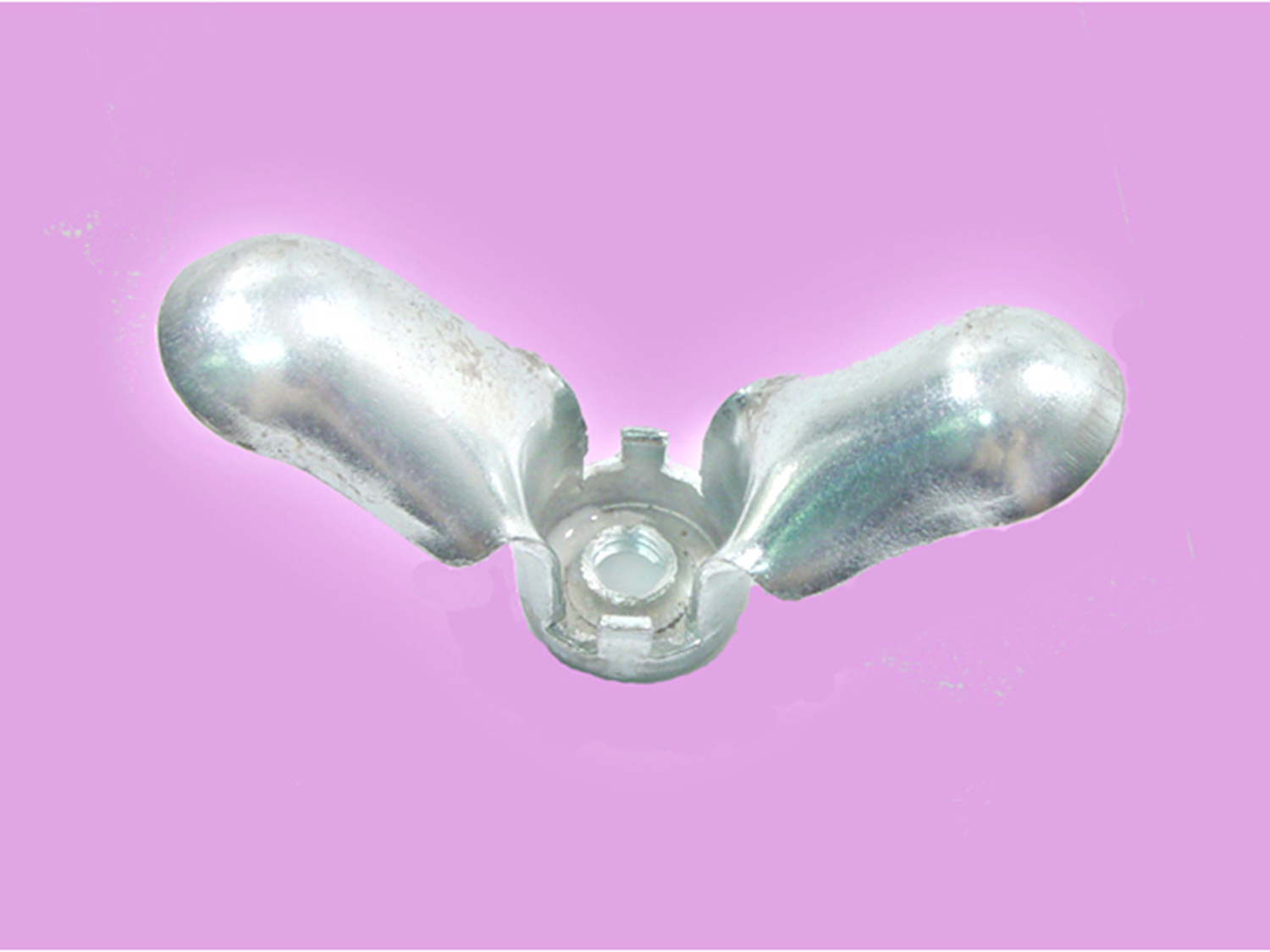 1971 American Motors Matador Spare Tire Hold Down Nut. 5/16- 18 thread size-WF 3506Spare Tire Hold Down Nut. 5/16- 18 thread size. Replaces OEM #3198901. Each
1971 American Motors Matador Spare Tire Hold Down Nut. 5/16- 18 thread size-WF 3506Spare Tire Hold Down Nut. 5/16- 18 thread size. Replaces OEM #3198901. EachWhy Choose Metro?
For over 100 years, Metro Moulded Parts has been the pinnacle of quality in classic car restoration parts. Our commitment to precision and authenticity in every component ensures a perfect fit and an OEM-level appearance.
- Expert Craftsmanship & Quality: Each part is a testament to our dedication to reliability and perfection, crafted from original designs and thoroughly tested.
- Advanced Technology: We use cutting-edge techniques to create flawless, long-lasting parts that surpass others in performance.
- SuperSoft Sponge – The Ultimate Door Seal: Not only are our door seals 30% softer than competitors', but they're also guaranteed to never leak. They effectively reduce wind and road noise, enhancing your classic car's comfort and driving experience.
- Proudly American: Our parts are a product of American craftsmanship, made in the USA with a spirit of excellence and heritage.
- Unrivaled Warranty: We back our products with a 30-year industry-leading warranty, a testament to our confidence in their quality.
Join us in preserving the legacy of classic cars with parts that are crafted for perfection, not just made.

